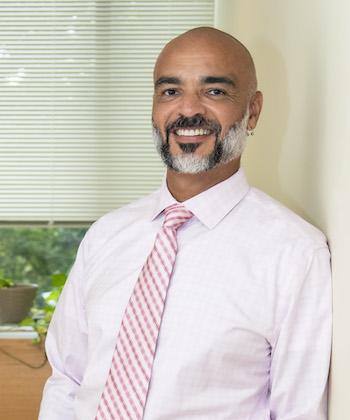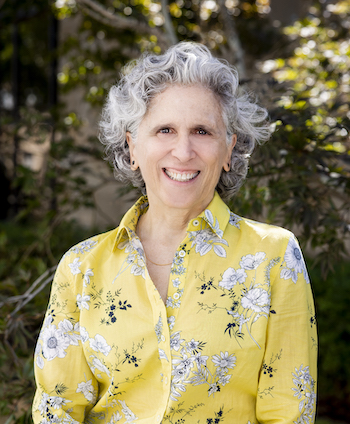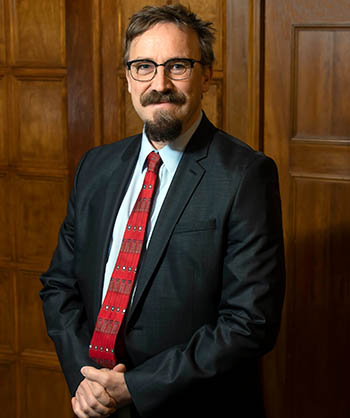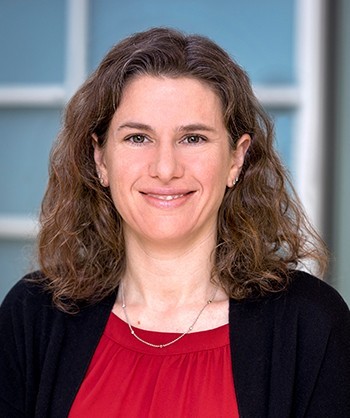There is an increasing need for educators and researchers to adapt and respond to new and evolving technologies. Below, our faculty share insights into the impact of tech changes on the fields of education and counseling.
“We will start to see the use of AI in counseling services, such as mental health counseling, note taking, report writing, etc.”
Sidney Trantham, Associate Professor of the Practice,
Counseling, Developmental & Educational Psychology Department


“The rapid advancement of educational technology demands that Higher Education research and scholarship examine:
- How AI and machine learning can effectively personalize learning experiences while maintaining educational quality
- The long-term impacts of hybrid and online learning models on student outcomes and engagement
- Ways to ethically collect and utilize learning analytics to improve educational experiences and outcomes
We, as educators, need to fit this need."
Ana M. Martínez-Alemán, Associate Dean of Faculty & Academic Affairs and Professor, Educational Leadership & Higher Education Department
"In Educational Measurement, technology will play a large role. At the TIMSS and PIRLS International Study Center, we work to improve fairness, reliability, and validity of large-scale educational assessment through careful research on using machine learning, data science, and artificial intelligence to improve assessment development, scoring, analyses, and reporting of results so that global educators can make informed decisions."
Matthias von Davier, Monan Professor in Education and Executive Director, TIMSS & PIRLS International Study Center


"In terms of Curriculum and Instruction, scholars will consider the design and influence of digital, open source curriculum materials on K-12 education.
As more and more high-quality curriculum materials are being ‘published’ as digital and open source, we will need to provide opportunities for teachers to adapt the materials for their specific students and context."
Kate McNeill, Professor and Bryk Faculty Fellow
Teaching, Curriculum, and Society Department


